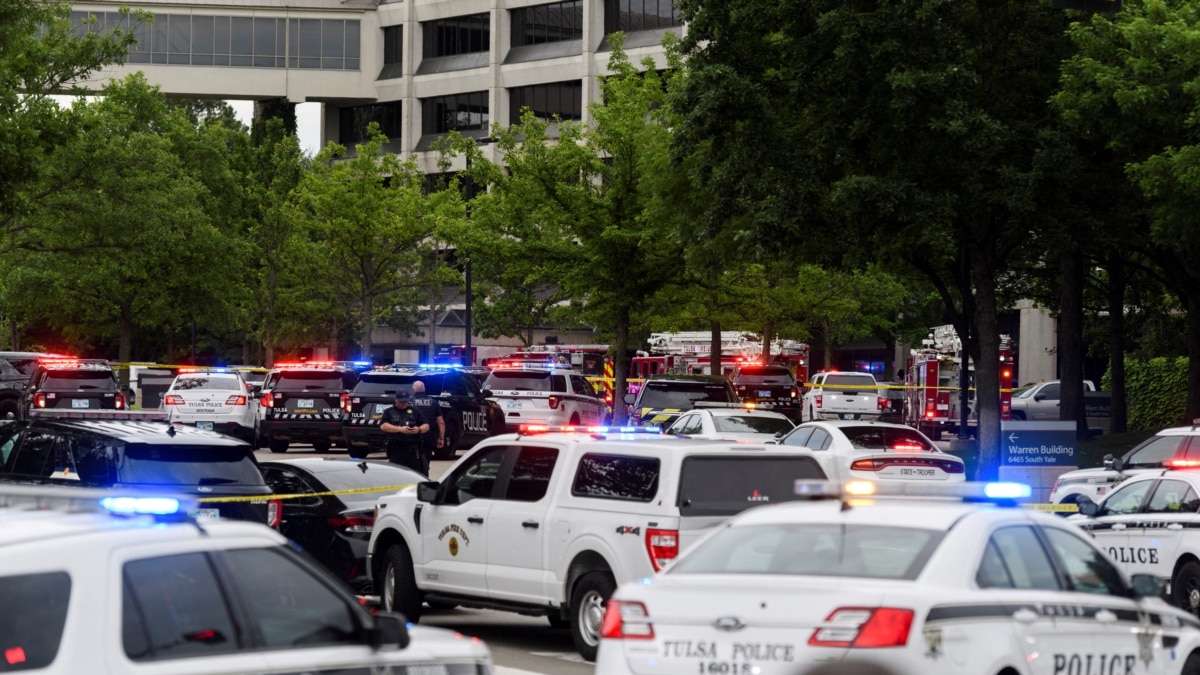WASHINGTON ― A bipartisan group of lawmakers is sounding increasingly optimistic about reaching a deal on narrowly crafted legislation to address gun violence following a spate of mass shootings, including the elementary school massacre in Uvalde, Texas.
“I’ve never seen more Republicans willing to discuss changes in our gun laws than I did today,” Sen. Chris Murphy (D-Conn.) said in an interview on MSNBC after a virtual meeting of eight senators on Wednesday. He cited “growing momentum” in Congress to get something done.
Sen. Susan Collins (R-Maine), one of the GOP members in the group, also expressed a positive note.
“We are making rapid progress toward a common sense package that could garner support from both Republicans and Democrats,” Collins said in a statement.
The list of items the group is discussing is fairly limited. It includes proposals to bolster mental health, strengthen the background check system for gun buyers, provide for safe storage of guns, and encourage states to pass “red flag” laws that allow authorities to temporarily seize firearms from people determined to be a danger to themselves or others.
Chip Somodevilla via Getty Images
Broader gun control measures, such as bans on large-capacity magazines, AR-15-style weapons, and limits on who can buy such guns, face stiff GOP opposition and are unlikely to be part of any compromise bill.
The shooters in high-profile mass shootings in Buffalo, New York, and Uvalde were 18-year-olds who legally purchased assault-style rifles used to kill more than 30 people. Licensed gun dealers can sell shotguns and rifles to 18-year-olds, but federal law restricts handgun sales to buyers 21 and older.
Murphy, a vocal advocate of gun control following the 2012 Sandy Hook elementary school shooting in Newtown, Connecticut, argued that taking an incremental approach toward gun legislation isn’t necessarily a bad idea.
“I don’t think we have to get it done all at once. What we’re trying to do is prove to Republicans that if they vote for measures that tighten up the nation’s gun laws, the political sky does not fall,” Murphy said in the MSNBC interview. “In fact, they’ll get a lot more supporters in their home states.”
Gun enthusiasts view such comments as a reason to oppose any new federal gun laws, no matter how narrowly crafted.
Republicans are also facing pressure from gun groups like the National Rifle Association to oppose the bipartisan talks, despite the shooting in Uvalde. Asked last week how his constituents would respond if he backed gun control legislation, GOP Sen. Kevin Cramer (N.D.) said they “would probably throw me out of office.”
Most voters support stricter gun laws. According to a recent Morning Consult survey, 73% of Americans “strongly support” universal background checks, and 67% support banning assault-style weapons.
Senate Minority Leader Mitch McConnell (R-Ky.) on Wednesday signaled that there could be room for a narrow deal on gun legislation “consistent with the Second Amendment.” He cited mental illness and school safety as issues at the root of school shootings.
Still, there’s plenty of pessimism about reaching any deal. Previous efforts to find common ground on gun reforms have failed repeatedly, particularly on the issue of strengthening background checks. After the mass shootings in El Paso, Texas, and Dayton, Ohio, three years ago, Republicans held similar conversations about background checks and “red flag” laws. They went nowhere.
Democrats have vowed to move forward with a vote on gun control measures even if the group of bipartisan senators cannot reach an agreement. The House is also preparing a more aggressive package of legislation aiming to address gun violence when it returns from recess next week.






